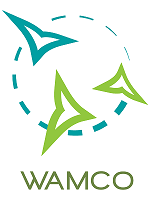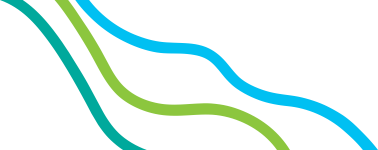ABOUT OUR
WASTE MANAGEMENT
PROJECT
The project aims to provide a sustainable solution to solid waste management in the region
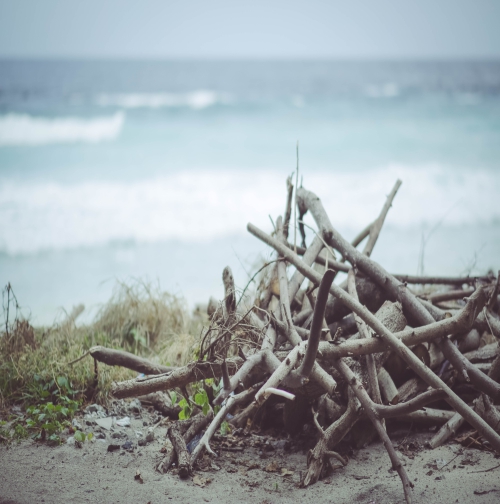
Our Waste Management Project
The Greater Malé Environmental Improvement and Waste Management Project aims to provide a sustainable solution to solid waste management in Zone 3.
The Project includes diverse activities such as Waste Management system designs, procurement of specialist assets , construction of improved island waste management facilities, capacity-building with civic leadership, education, awareness and behaviour change campaigns.
Project Overview
Sector
Urban Solid Waste Management Systems
Target Zone
Zone 3 – Greater Male’ and Islands in Kaafu, Alifu Alifu, Alifu Dhaalu, Vaavu Atolls.
Total Project Budget
USD 191.13 million
Sources of Funding
Phase 1
- Asian Development Fund (USD 33.07 million) Grant
- Japan Fund for Poverty Reduction (USD 2 million) Grant
- Technical Assistance Special Fund (USD 500,000) Grant
- Government of Maldives (USD 4.43 million)
Phase 2
- Asian Development Fund, AIIB, JFJCM
(USD 151.13 million)
Implementing Agencies
- Ministry of Environment, Climate Change & Technology
- Waste Management Corporation Limited (WAMCO)
Approved Date
Closing Date
28th June 2023
Project Background

The project is a multi-donor funded project which aims to establish a sustainable solid waste management system for the Greater Male’ capital region and its inhabited outer islands (32 islands). The main output of the project is to establish a Regional Waste Management Facility (RWMF) with Waste-to Energy Treatment Plant in Thilafushi.
The catchment area encompasses central region of Maldives zoned as Zone 3 in the national waste management system.
There are 35 inhabited islands in Zone 3 with a combined population of 185,368 people accounting to 42.93% of the country’s population.
Zone 3 comprises islands belonging to the Greater Malé Region, Kaafu Atoll, Alifu Alifu Atoll, Alifu Dhaalu Atoll, and Vaavu Atoll.
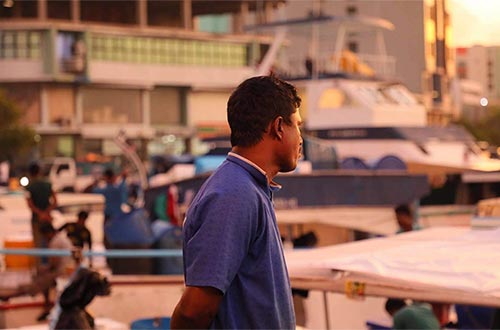
The projected will be
implemented in 2 phases…
PHASE 1
$40 million – Asian Development Bank (ADB) and Japan Fund for Poverty Reduction (JFPR)
- Improved waste collection, transfer and disposal in Greater Male’ including improved site management and logistics on Thilafushi
- Improved outer island waste management system
- Improved awareness and behavioral change
PHASE 2
- Climate resilient regional waste management facility with WTE plant and landfill;
- Dumpsite remediation
- Institutional capacity & community awareness
The Current Situation
Current waste management situation in Zone 3
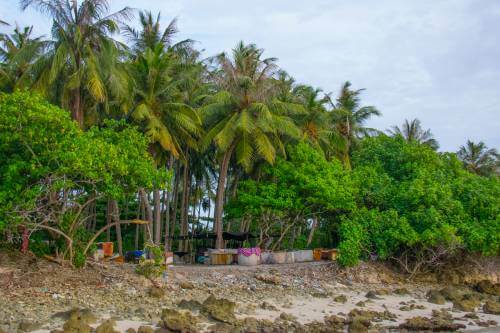
Solid Waste Management (SWM) is recognized as one of the most pressing environmental issues in the Maldives exacerbated by:
- rapid economic growth
- changes in production and consumption patterns
- small size of the islands and wide geographic disparity
resulting in diseconomies of scale for delivery of public service.
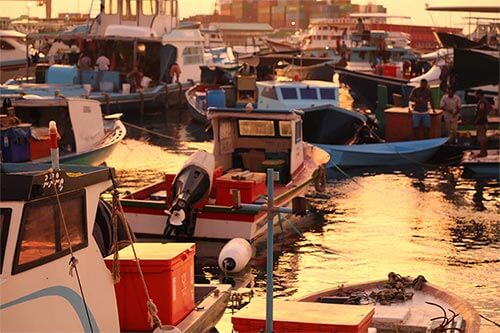
The Greater Male
Capital Region
The Greater Malé capital region suffers from severe environmental pollution and deteriorating livability due to inadequate collection and haphazard disposal of solid waste.
Large quantities of waste generated in the Greater Male’ Region are transported from Male’ to stockpile at the disposal site on the island of THILAFUSHI.
The Island of
Thilafushi
The waste disposal site at Thilafushi is by far the largest solid waste disposal site in the Maldives. Open dumping and burning of garbage at the 30-year-old 10-hectare dumpsite on Thilafushi Island (6 km from Malé) creates a significant environmental and public health hazard.
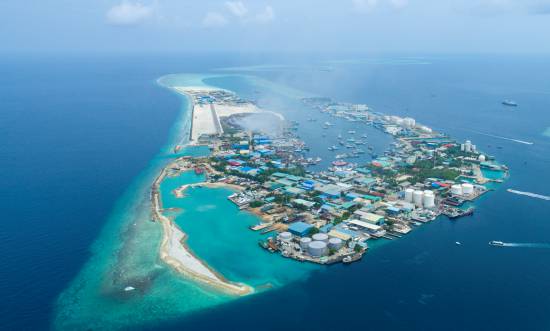
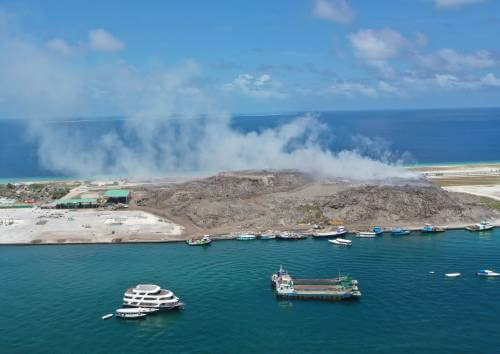
The Environmental Hazzard
at Thilafushi
Plumes of smoke visible from the capital city Malé, the international airport, and surrounding resorts compromise air quality and pose a daily nuisance to residents and tourists.
Waste Transfer
Station in Male
Waste is collected and taken to the Male’ transfer station at the new reclaimed area called “Industrial Village”. The waste is transferred on huge trucks which unload the waste on the waste vessels, an excavator on the vessel makes some spreading and compaction. The vessel brings the waste to the dumpsite at Thilafushi.

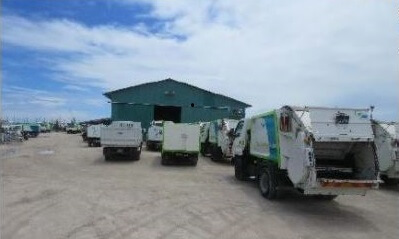
Waste Management
in outer islands
The lack of a waste management system in the region presents a challenge to the inhabited islands. In most of the islands, waste disposal practices are inadequate, with random dumping of waste being widespread.
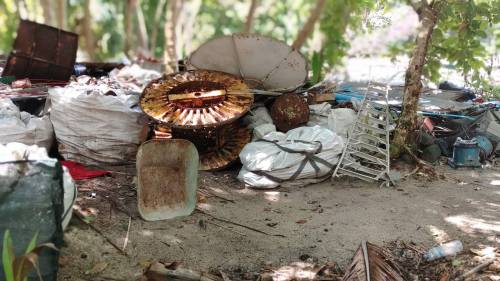
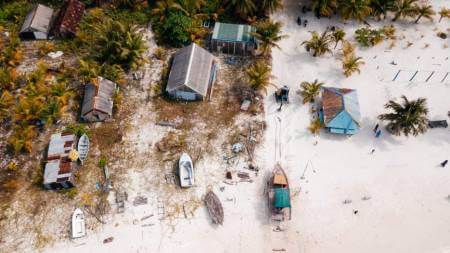
In many of the islands, waste is building up into many open dumpsites spread across islands and the open burning is common. Waste collection services are carried out individually or through community private entities.
Main Challenges in Waste
Management
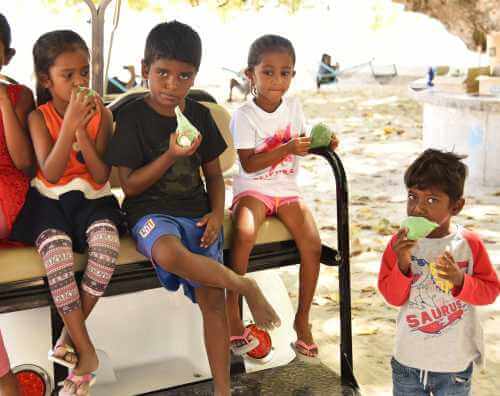
Extreme Congestion
The Maldives has a resident population of 437,535 of which 78% are locals (NBS 2014). Close to 40% of the population reside in the Greater Malé Region – comprising Malé, adjoining suburbs Hulhumalé and Villingili, and two industrial islands – Gulhifalhu and Thilafushi. This zone (Zone3) – Greater Malé Region and the nearby outer islands – suffers from pollution caused by inadequate waste collection, dumping and burning of waste compromising public and environmental health.
Geographical Barriers
The country has limited terrestrial land in the form of small, coral islands that are widely dispersed. The dispersion of the population across the archipelago raises the cost of delivering social services, as economies of scale are difficult to achieve in service provision. The islands exhibit high vulnerability to environmental stresses, including climate change and natural disasters.
How Can We Address TheM?
The Complexities surrounding Solid Waste Management in the Maldives has disabled development of a comprehensive system to address the issue. The project aims to address this issue through:
process improvement
Improving collection, transfer, disposal, treatment (using advanced waste to energy technology), recycling and dumpsite rehabilitation
capacity building
Strengthening individual capacities for solid waste service delivery and environmental monitoring
public awareness
Improving public awareness and behaviours in 3R principles – reduce, reuse and recycle
Project Region
Geographical focus of the project
The geographic focus of the project is on Zone 3. There are 35 inhabited islands in Zone 3 with a combined population of 185,368 people accounting to 42.93% of the country’s population.
Zone3 comprises inhabited islands belonging to the;
- Greater Malé Region
- Kaafu Atoll
- Alifu Alifu Atoll
- Alifu Dhaalu Atoll
- Vaavu Atoll
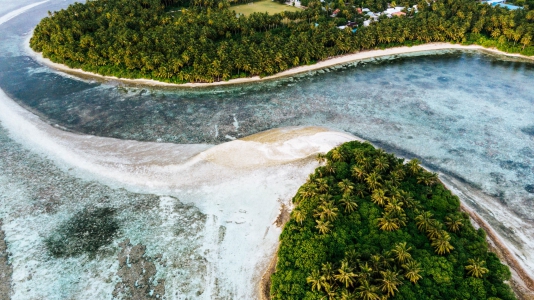

%
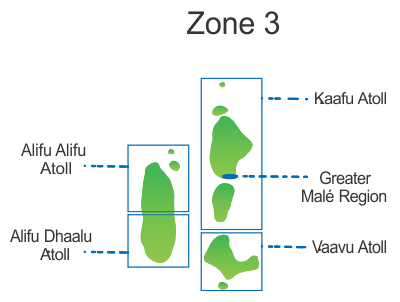
Being the main economic region, Zone 3 attracts a large number of local migrants and expatriate workers seeking employment, services and better opportunities.
of the population
will benefit from the project…
Inhabited Islands
Total Islands
Tons of Waste Per Day
Project Components
The Infrastructure
- Waste collection, transfer, disposal and Community-based outer island waste management systems
- Bins, collection vehicles and system optimization
- 2 transfer stations
- 3 transfer vessels
- Equipment and site optimization at Thilafushi
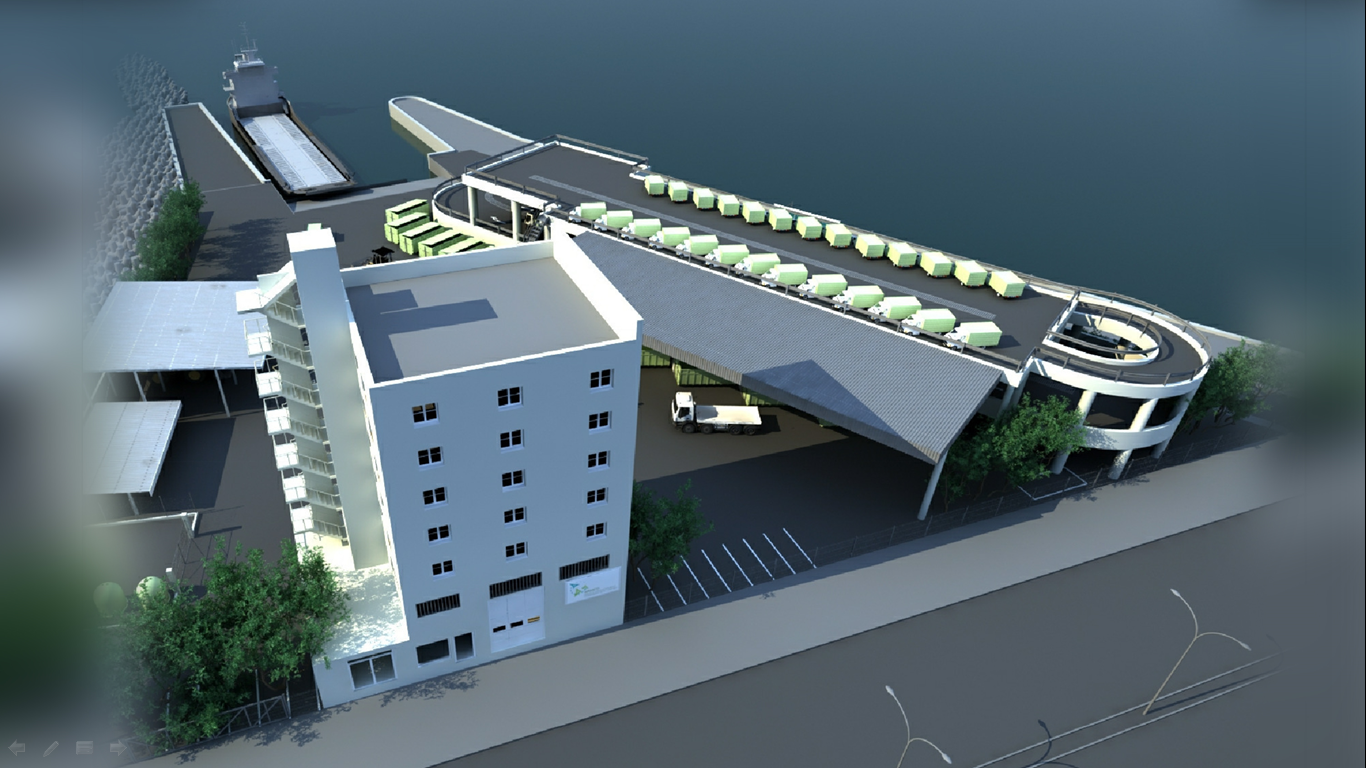
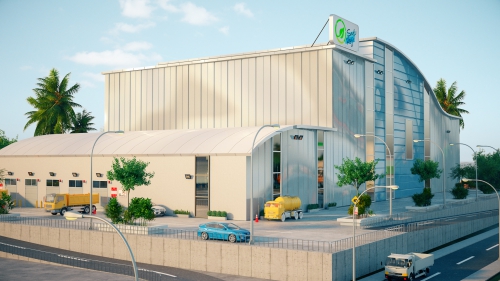
The Information,
Education & Awareness
- Community Capacity Building and Public Awareness (PACCB) component
- Public awareness, behavioural change & community participation in SWM & 3R in the project communities
- Support implementation of the Gender Action Plan (GAP) related to SWM activities supported under the project.
- Strengthen capacity of outer islands in community based SWM and island waste management center (IWMC) operation & maintenance, targeting a 50% women’s participation.
- Improve institutional & community awareness and capacity in DRR
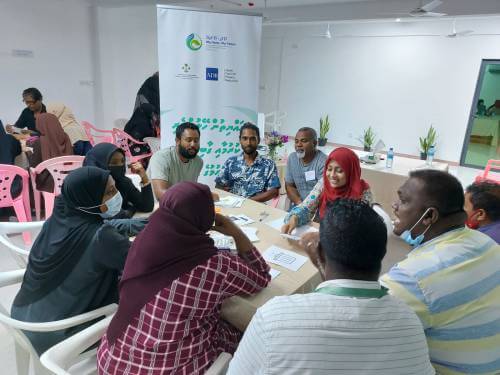
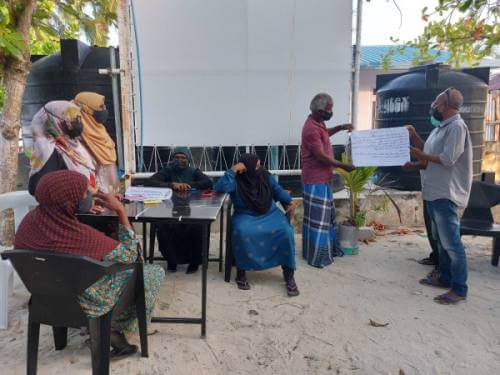
Project Outputs & Impacts
Project Outputs
- Output 1: Waste collection, transfer and disposal systems improved and made climate resilient
- Output 2: Community-based outer island waste management systems targeting poor and women enhanced
- Output 3: Institutional capacity and public awareness in sustainable waste management strengthened – Raise public awareness in reduce, reuse, recycle behaviors
Project Impacts
- Healthy living environment created in the Greater Malé capital region and its outer islands
- Climate- and disaster-resilient SWM services improved<


Project Team & Funding
Project Funding Partners
Asian Development Bank (ADB)
Japan Fund For Poverty Reduction (JFPR)
Asian Infrastructure Investment Bank (AIIB)
Japan Fund for the Joint Crediting Mechanism (JFJCM)
Technical Assistance Special Fund (TASF)
Islamic Development Bank (IsDB)
Government of Madives
Project Management Unit
Ahmed Murthaza
Project Director
Ibrahim Zameel
Project Manager
Aminath Maleela Solih
Procurement Specialist
Aminath Afeef
Financial Specialist
Hassan Shahil
Finance Associate
Mohamed Abdul Latheef
Civil Engineer
Fathimath Yamna Mohamed
Social & Environmental Safeguard Specialist
Shimhaz Wafir
Jumana Niyaz
Hawwa Nazla
Assistant Project Coordinator
Information, Education, and Communication Specialist
Procurement Assistant
Project Administration
Cho, Terry
Team Leader (ADB)
Responsible ADB Division
Water and Urban Development Sector Office (SG-WUD)
…
…
Project Consultants & Contractors
Project Management, Design and Construction Supervision (PMDCS) Consultants
- Kocks Ingenieure (Germany)
- Water Solutions (Maldives)
Implementing Partners
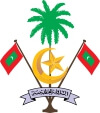
Ministry of Climate Change, Environment and Technology
Republic of Maldives
